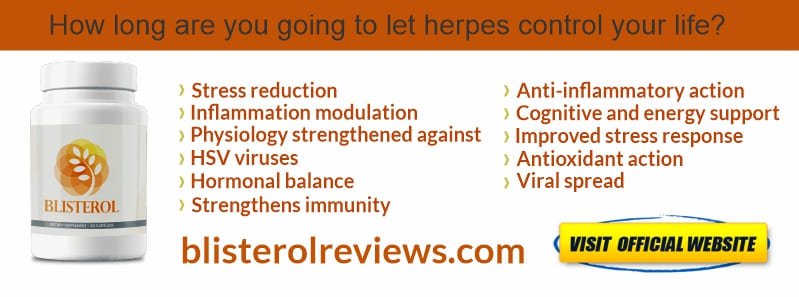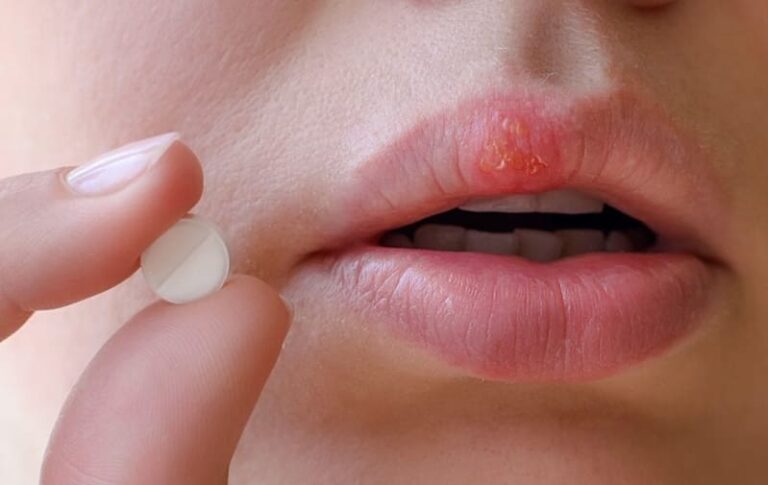Several factors can trigger outbreaks, including low immunity, hormonal changes, and prolonged exposure to sunlight without protection. But, in addition to these factors, is it possible that individuals with psychological problems, such as anxiety, have more herpes outbreaks than usual? Learn more below.
What causes herpes outbreaks?
According to various studies, a decrease in the body’s immunity is enough to reactivate the herpes virus, leading to outbreaks and blister-like lesions. The main cause of this immune system decline is emotional imbalance caused by anxiety, depression, worry, and fear.
These psychological issues may or may not be associated with other external factors, such as intense sun exposure, poor diet, sleep disturbances, and certain habits like alcohol consumption.
Do those with anxiety have a higher likelihood of experiencing herpes outbreaks?
Anxiety acts as a contributor to lowered immunity. An anxious person living on the edge of emotional balance makes small external changes more likely to trigger outbreaks.
Consequently, such individuals may experience herpes lesions—characterized as small, itchy, burning blisters that burst and form sores—more frequently.
What can an anxious patient do to prevent herpes outbreaks?
In these cases, the foundation of treatment is anxiety control. This can be achieved through therapy sessions to address the psychological and emotional aspects of the disorder.
Reducing exposure to external factors, such as unprotected sunbathing, poor diet, habits, and inadequate sleep, also helps prevent the formation of herpes blisters.
Ideally, improving quality of life by engaging in physical activities, maintaining a healthy diet, staying hydrated, and practicing meditation is recommended.
What is the treatment for herpes?
In addition to the aforementioned recommendations, in general, herpes outbreaks can be controlled with the use of natural supplements, along with measures to enhance overall quality of life, which are excellent for boosting the body’s immunity.




